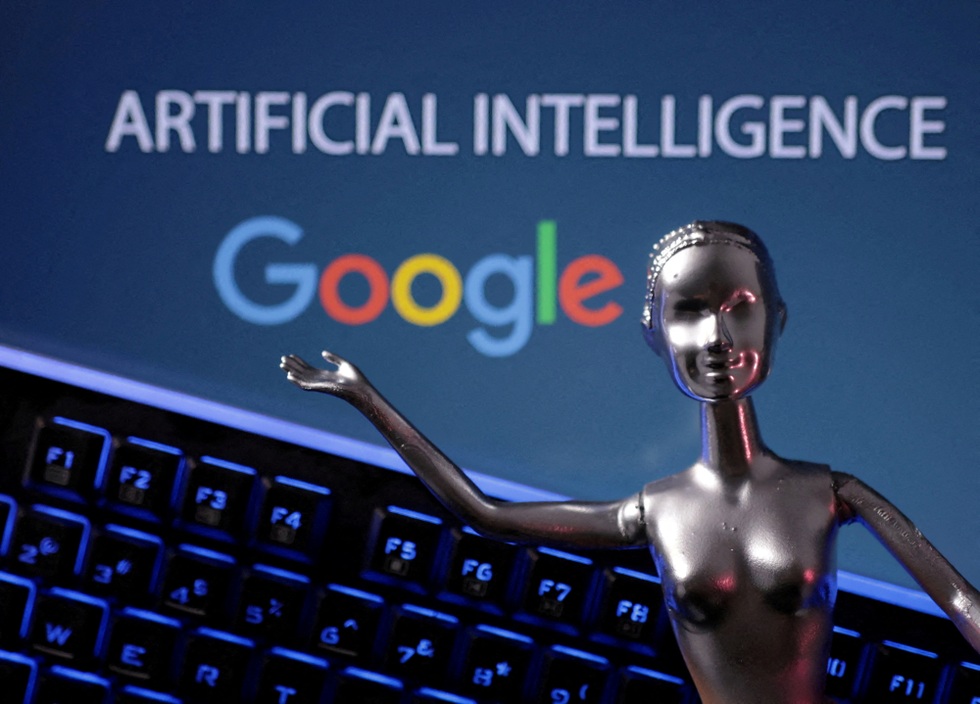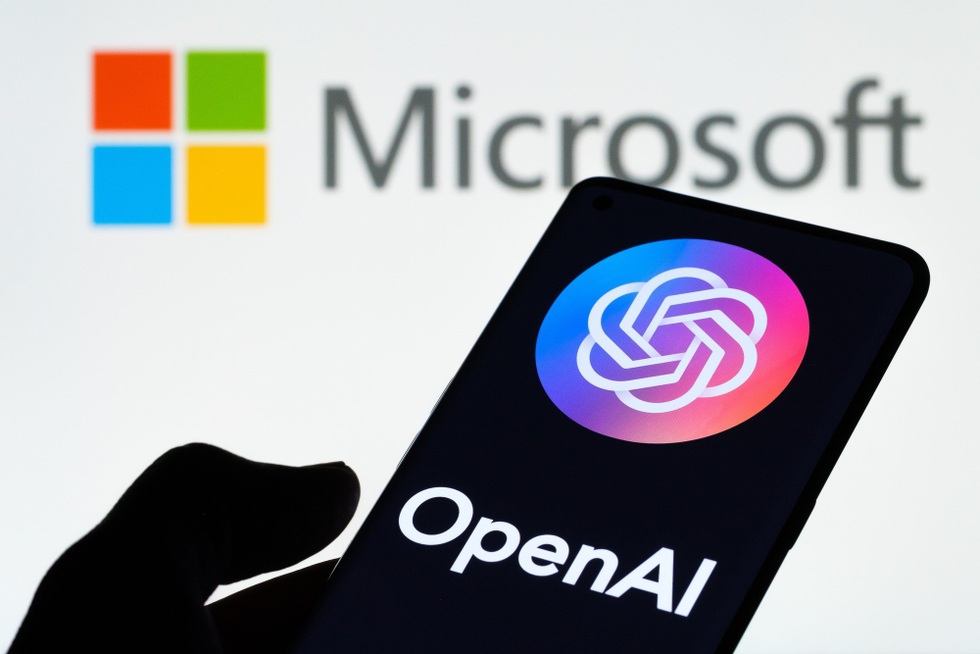This isn't just a technological battle; it's a strategic shift that will determine whether Google will continue to lead or become a follower in this new era.
The rapid rise of AI chatbots like ChatGPT and DeepSeek is creating a significant shift, challenging the traditional search model and raising the crucial question: How will Google adapt to maintain its leading position?
Overcoming the lawsuit of the century
Google almost had to sell its Chrome web browsing platform.
Amidst the escalating AI competition, Google faces another significant legal challenge: an antitrust lawsuit from the U.S. Department of Justice .
The biggest concern is the requirement for Google to divest from the Chrome browser, a crucial channel for distributing its search engine. Losing Chrome could significantly undermine the integrated ecosystem that has helped Google maintain its competitive advantage.
However, in a crucial ruling in early September, Judge Amit Mehta allowed Google to retain the platform.
Notably, one of the main reasons for this decision is directly related to AI.
He argued that AI search engines and chatbots are creating a new competitive environment that could challenge Google's dominance: "These companies are now in a better position, both financially and technologically, to compete with Google than any traditional search company has been for decades (perhaps with the exception of Microsoft)."

The court's acknowledgment of AI's competitive potential helped Google avoid the harshest remedies. However, this victory was not without its conditions.
The ruling requires Google to provide competitors with access to a portion of its search index data at a "marginal cost." This isn't about giving away all the advantage, but rather providing competitors with a "map" to build their own data collection and indexing capabilities.
Additionally, Google must provide aggregated search results to its competitors for five years under "normal commercial terms".
For Google, this is a positive outcome. The company retained its strategic asset, Chrome, and its ecosystem, while the remedial measures were implemented at a manageable level.
This ruling allows Google to continue focusing its vast resources on improving its search and AI services, thereby strengthening its long-term competitive advantage. The company's foundation has been preserved after a significant legal challenge.
Deep integration of AI into the ecosystem.

The Google ecosystem is integrated with AI (Photo: TN).
After resolving legal obstacles, Google is expanding its artificial intelligence (AI) strategy by integrating it more deeply into its existing products. A recent move is the Google AI Plus subscription package, which is now available in Vietnam and 39 other countries.
According to the description, this service provides access to the Gemini 2.5 Pro model for handling complex tasks, the Veo 3 Fast video creation tool, and image enhancement tools like Whisk and Flow. Notably, the AI is integrated directly into familiar applications like Gmail, Google Docs, and Google Sheets, rather than requiring users to learn how to use entirely new products.
With its billions of users, Google has the ability to quickly bring AI into everyday digital life. Users can leverage AI to plan tasks, summarize documents, or assist in writing emails within their familiar environment.
However, this approach also raises some concerns. First, there's the cost issue: the AI Plus package remains a paid service, potentially limiting its accessibility to mainstream users in emerging markets. Furthermore, the deep integration of AI into applications already closely tied to digital life raises privacy concerns, as personal data becomes increasingly dependent on the algorithms of a single corporation.
Some experts also point out that, while deep integration offers convenience, it can easily create an "ecosystem lock-in," making it difficult for users to leave Google services. At the same time, competition with other AI solutions like Microsoft's Copilot or OpenAI's ChatGPT shows that this race may not necessarily bring a sustainable advantage to any one party.
In other words, Google AI Plus represents both a technological advancement and raises many questions about its true value to users and the balance between benefits, costs, and control over personal data.
A new competition in the field of AI.

Microsoft and OpenAI are major competitors of Google (Illustrative image: Getty).
As can be seen, Google holds a unique position in the technology ecosystem: its search engine accounts for approximately 90% of the global market share, while its browser and mobile operating system provide a massive source of data and a widespread distribution network.
According to data from SEMrush, despite the rise of AI chatbots, traditional search engines still generate up to 34 times more traffic, demonstrating that the core role of search remains irreplaceable.
Another advantage for Google is its ability to integrate AI directly into familiar products that are already used by billions of people. Combined with strong financial resources to invest in research and development, Google has the foundation to maintain long-term competitiveness in this field.
However, the company also faces several challenges. As a long-time market leader, Google may have reacted more slowly than emerging competitors in leveraging generative AI.
Google's revenue relies primarily on traditional search advertising, making it difficult for the company to make a "radical shift" to a new AI model, as this risks eroding its main source of income.
The recent antitrust lawsuit serves as a warning, and global regulators will continue to monitor the situation closely. This could limit Google's ability to fully leverage the power of its ecosystem. Furthermore, concerns about the accuracy of AI-generated information and privacy remain barriers that make users hesitant.
Meanwhile, Microsoft and OpenAI are joining forces to create a direct challenge, with the rapid integration of AI into Bing and office suites.
Smaller companies like Perplexity also offer a new approach, albeit with a limited user base (the average Google user searches about 200 times per month, while Perplexity's figure is 15.31).
This trend suggests the potential for a shift in user search behavior, where dialogue and context could gradually become the new standard.
Google's position is therefore not weakening, but undergoing a profound transformation. Google is pursuing a multifaceted strategy: both protecting its core resources and investing heavily in new technologies and business models. The company is betting on a scenario where traditional search and conversational AI coexist, complementing each other rather than excluding each other.
However, the crucial question remains: will this combination truly provide a balanced benefit for users, or will it primarily serve Google's strategy of consolidating market power? This will be a key point in shaping the company's role in the coming AI era.
The AI competition is still in its early stages, and the outcome will depend not only on technological capabilities, but also on companies' ability to balance user benefits with business objectives.
Source: https://dantri.com.vn/cong-nghe/de-che-google-trong-cuoc-chien-ai-20250925003551744.htm














































































































Comment (0)